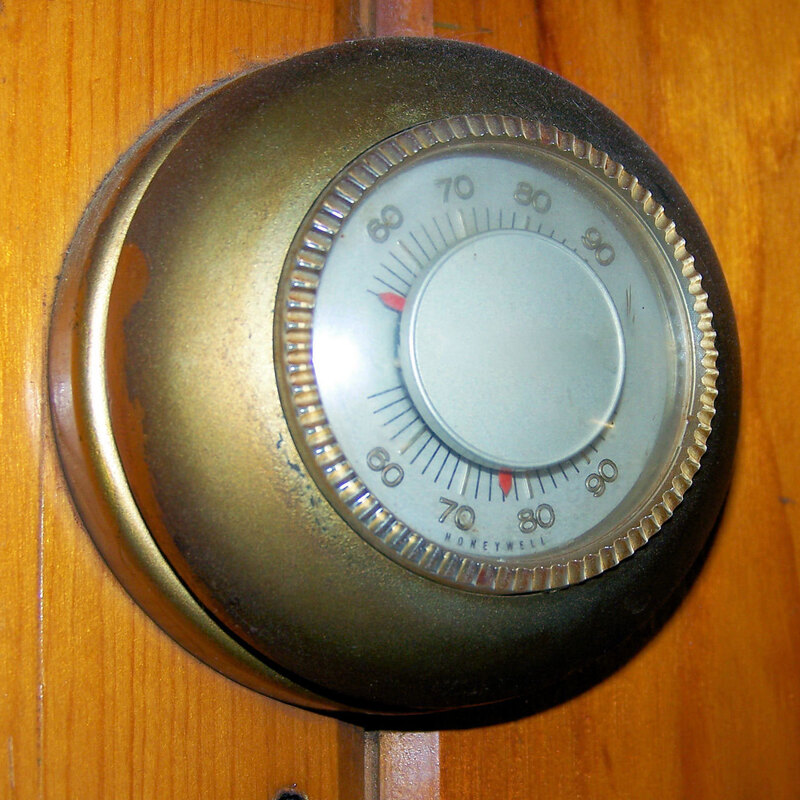 Conventional wisdom says that when it comes to heating homes, natural gas is dirt cheap and electricity is ruinously expensive. But for newer homes, that thinking may be wrong. Currently, natural gas energy is indeed 5.5 times cheaper than electric energy for residential customers in Waterloo Region (and both are cheap in a world and continental context[1]). But well insulated homes and newer heat pump technology change make a world of difference. When we are talking about heating, most homes in the Waterloo Region use natural gas furnaces. These have an efficiency of 60-98%, depending on the age and the model. Newer cold climate air source heat pumps, on the other hand, can have an average efficiency of 300%. That means that for every unit of electric energy you buy, your home gains three units of heat energy using the same technology that keeps your fridge cold. This difference in efficiency, combined with the high natural gas fixed delivery charge means that well-insulated homes are cheaper to heat with heat pumps than with natural gas. Let me walk you through the calculations for my 1992 home.
Indeed, electricity may be the cheaper choice for any home that uses less than 1200 m3/yr of natural gas for space heating. But what if natural gas is also used to heat water? My home has an electric water heater so I did the same calculations as above assuming a switch from a high efficiency gas water heater to a heat pump water heater and assuming average hot water use[2]. That put electricity as the cheaper option for space and water heating by $3/yr. A newer home with more insulation and some basic water efficiency measures will most assuredly do better. The implications are huge. Homes in Waterloo Region generate 18% of the total greenhouse gas emissions and must transition to electrified heat and hot water before mid-century if we are to meet our climate goals. Furnaces and water heaters last for years, even decades so we must ensure that decisions made now do not lock us in to fossil fuel-based equipment for decades to come. Fortunately, as demonstrated above, it is operationally cost-effective to do so now for many of our homes. New builds, where expensive natural gas infrastructure has not been laid down is an obvious place to start. Dozens of communities across North America have already banned natural gas in new construction[3]. For existing homes, Vancouver is leading the way: by 2025, all new and replacement heating and hot water systems must be zero carbon[4]. We should start electrifying our home heating systems now! [1] https://www.globalpetrolprices.com/electricity_prices/ [2] https://www.energystar.gov/productfinder/product/certified-water-heaters/results [3] https://e360.yale.edu/features/to-cut-carbon-emissions-a-movement-grows-to-electrify-everything [4] https://vancouver.ca/green-vancouver/climate-emergency-response.aspx
0 Comments
|
Archives
January 2021
Categories |

 RSS Feed
RSS Feed